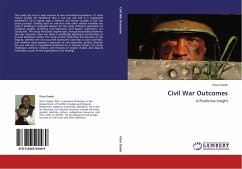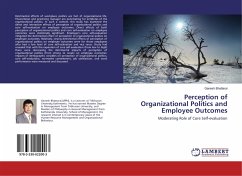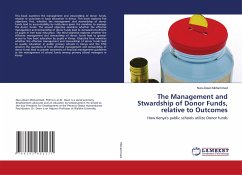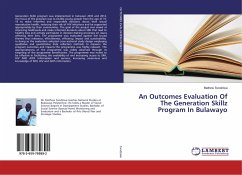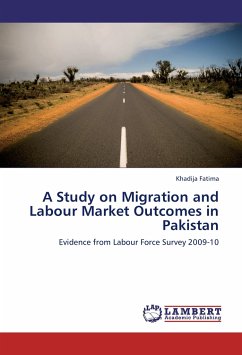This study sets out to seek answers to two interrelated questions: (1) what factors predict the likelihood that a civil war will end in a negotiated settlement? (2) Is regime type a relevant and strong variable in civil war peace process? Existing data on civil wars and other related variables are used in building a composite dataset for the study. Different operations of statistical analysis, including cross-tabulation and logistic regressions, are conducted. The study finds that regime type, though statistically related to civil war outcome, does not make a statistically significant contribution to its best predictive model. The study further finds that the duration of the dispute, whether the war occurred during the Cold War or post Cold War, and whether rebel agenda is separatist or non-separatist, predict whether the war will end in negotiated settlement or in decisive victory. The study challenges common notions and theories of regime studies and dispute resolution as part of the implications of its findings.
Bitte wählen Sie Ihr Anliegen aus.
Rechnungen
Retourenschein anfordern
Bestellstatus
Storno

